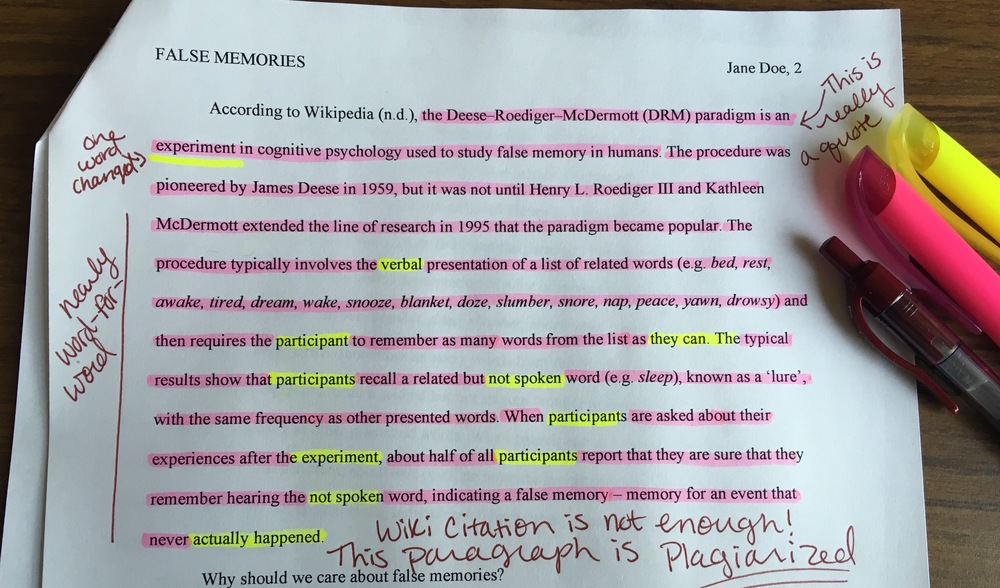Whether intentional or accidental, copying someone else’s work can lead to failed grades—or even expulsion. The good news? We have put together a comprehensive guide on how to avoid plagiarism and it is easier than most students think. If there’s one mistake that can ruin your academic record faster than a missed deadline, it’s plagiarism. Here’s how to stay safe, original, and confident in your writing.
1. Understand What Counts as Plagiarism
Plagiarism isn’t just copy-pasting from Google. It also includes:
-
Using someone’s ideas without giving credit.
-
Re-phrasing a paragraph but keeping the same structure.
-
Forgetting quotation marks around a direct quote.
-
Submitting one paper for multiple courses (self-plagiarism).
Once you understand these gray areas, you’ll naturally start writing more ethically.
2. Paraphrase Like a Pro
Rewriting ideas in your own words doesn’t mean changing just a few terms.
Read the source, understand it fully, close it, then explain it in your voice.
Example: Instead of writing, “Climate change affects sea levels,” you can say, “Rising global temperatures are causing ocean waters to expand and coastlines to recede.”
👉 Tip: Use paraphrasing as a learning tool, not a shortcut. It helps you process and truly grasp the material.
3. Use Proper Citations
Always credit your sources using websites such as Purdue university. Different universities prefer different citation styles:
-
APA: Common for social sciences
-
MLA: Often used in humanities
-
Chicago: Used in history and business
-
Harvard: Popular in UK institutions
There are free citation tools online, but double-check the formatting—professors notice small details!
4. Quote Sparingly
Quotations should highlight strong, irreplaceable wording—not fill your essay.
Use quotes only when the original phrasing adds power or authority to your point. Otherwise, paraphrase and reference.
5. Use a Plagiarism Checker
Before submitting your paper, always scan it.
Free tools exist, but professional services like Keff Essays use advanced plagiarism-detection software to ensure originality and academic integrity.
6. Plan Your Writing Early
Last-minute essays often tempt students to “borrow” text. Start early, plan your research, and outline your ideas before drafting. When you have time, you write naturally—and originally.
7. When in Doubt, Ask for Help
If you’re unsure whether your work is too close to a source, get expert help.
At Keff Essays, we provide proofreading, paraphrasing, and citation support for students who want 100% plagiarism-free assignments.
🧩 Final Thoughts-how to avoid plagiarism
Plagiarism doesn’t have to be your downfall—it can be your lesson.
By learning proper citation, paraphrasing smartly, and managing your time, you’ll not only protect your grades but also become a more confident academic writer.
Need a plagiarism-free essay or a quick check before submission?
👉 Visit Keff Essays today and get expert help you can trust.
